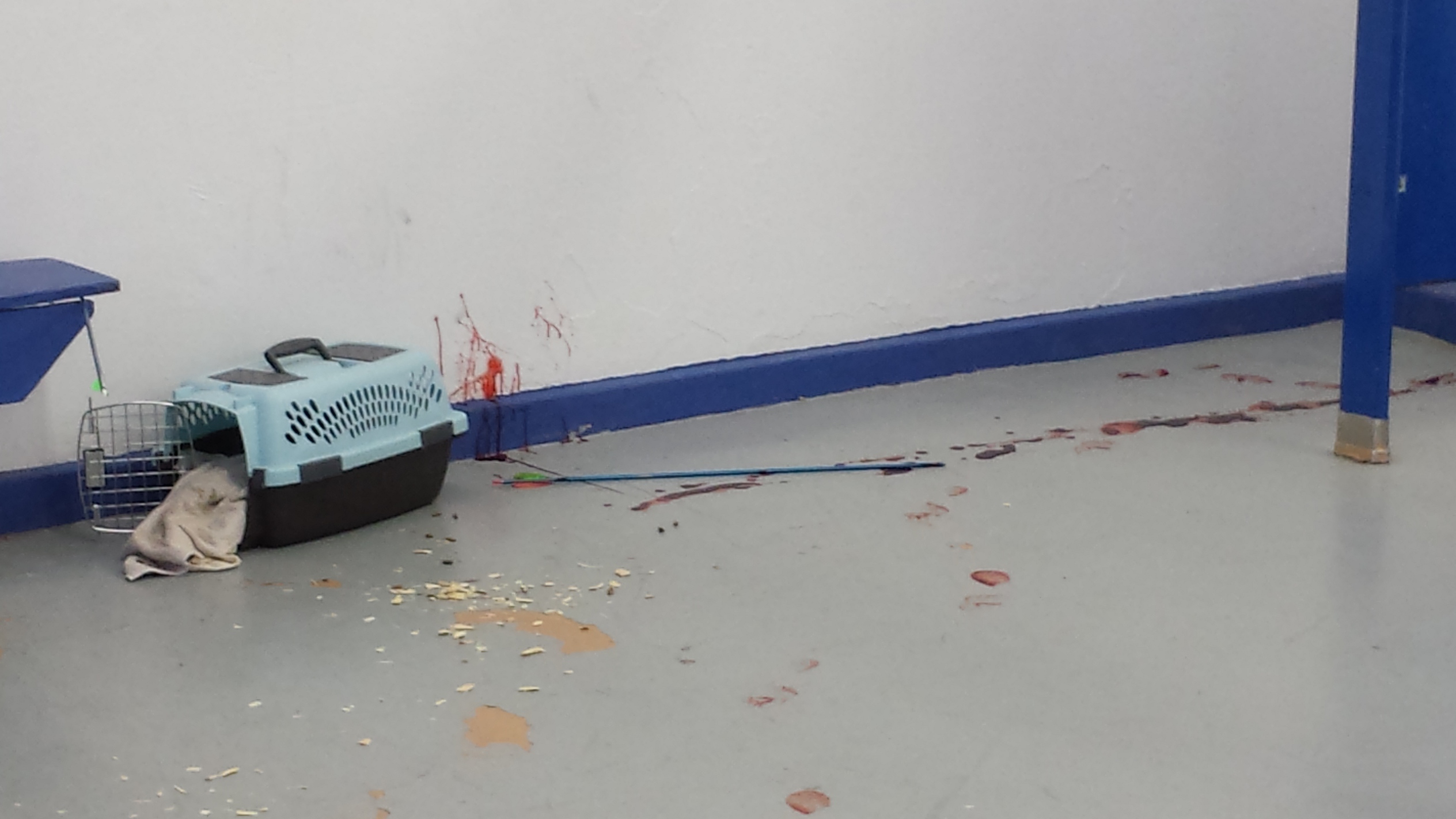
This piece originally appeared in the Edunators.com Newsletter. Not a member? Sign up now!
At the Association for Middle Level Education’s (AMLE) annual conference, my favorite of the year BY FAR, I always try and attend at least a few sessions that I think will challenge my thinking about a topic I’ve already made my mind up on. At last year’s conference, one of the All-Stars of education, Rick Wormeli, was presenting a session about improving homework. I’m a huge fan of Rick’s work and would highly encourage you to check out his article on this same topic via middleweb.com.

For me and most of my fellow Edunators, planning for the next school year starts before the lockers have finished slamming on the last day of school. Most great teachers have already begun thinking about next year, long before this one has finished. Hopefully, you’re able to unplug a bit and enjoy some of your summer.
During those precious few weeks between the official end of one school year and the start of another, an in no particular order, here’s some of the things I’m hoping to accomplish this summer – some of which may apply to you, too.
I wanted to share with you a story I heard the other day which frightened me greatly. Surely such a travesty of academic injustice is pure fiction and could never happen, yet I feel we should all be made aware in that these atrocities are rumored to be occurring around the country and we need to take precautions against them.
I recently heard through the grapevine that a teacher - one whom I greatly respect - was having a difficult time getting students to complete the study guide for an upcoming test. In response, he’s rumored to have opted to “give” completion

When my friends or family who aren’t teachers speak of my job, few are willing to take the position of the stereotypical teacher basher and ridicule me for my “summers off” or my “8-3” schedule. I’m sympathetic to those forced to listen to such ignorant blowhards lobbing accusations of teachers being “lazy” and talking about how tenure makes it “impossible” to be fired as a teacher. I simply don’t surround myself with people who are so foolish as to believe that, and if they are, they’re certainly not courageous enough to say it to my face. J
Instead, loved ones
Often when I mention to people that I specialize in ensuring school’s are “focused on learning” I get a lot of strange looks from people who say “Well, yeah. I mean, aren’t they all?”.
No.
Truth is there’s any number of things school’s are focused on instead of learning. Such as….
1. Adult Convenience
I was shocked recently when a number of Facebook groups I’m in mentioned a new proposed law in California that would delay the start time of secondary schools until 8:30 AM or later. My first reaction was “Good for California”. The research behind this has been

I firmly believe sometimes we make this “teaching” thing entirely too freaking complicated.
Kids are kids. They act like kids. When they don’t want to do something they whine, complain and generally do anything they can to avoid doing it. Actually, it’s not all that much different than adults when you think about it. The only difference is that for kids “avoidance behavior” may look like throwing pencils, rocking their desk on two legs, playing with the hair of the girl in front of them or texting their friends if they think they can get away with it.
Adult avoidance
In 2012, I gave a presentation at a state conference in Missouri entitled “The Hard Truth About Professional Learning Communities”. Its thesis was that for all the (very important) focus on creating collaborative, data driven schools utilizing shared leadership to provide research based, systematic interventions for students, we as educators cannot forget that our primary focus should be genuine learning. Identifying what it is we want students to know, determining whether they know it and how we will respond when they do or when they don’t...that is the fundamental work of educators as outlined by Rick DuFour and Robert Eaker

It’s three days after the conclusion of state testing and three weeks until the end of the school year. While the teachers have done their best to get back to learning following the yearly buzzkill that is standardized testing, the students are reluctant to challenge themselves with new material. They know the last week of school brings awards assemblies, field trips, field days, locker cleanout and other activities that signal the end of learning and the start of summer vacation. Teachers are similarly disinterested in new material that will need to be planned, taught, assessed, re-taught and re-assessed.
This sounds


